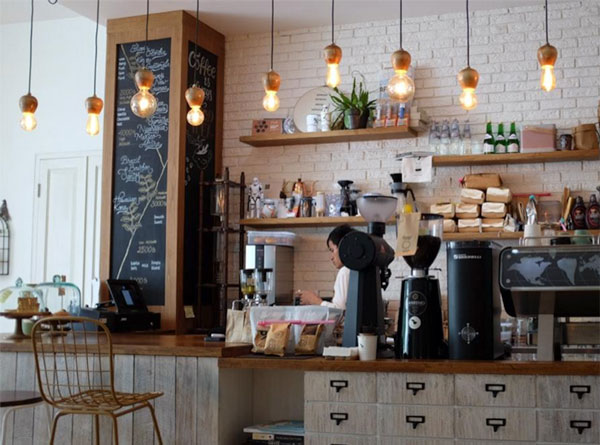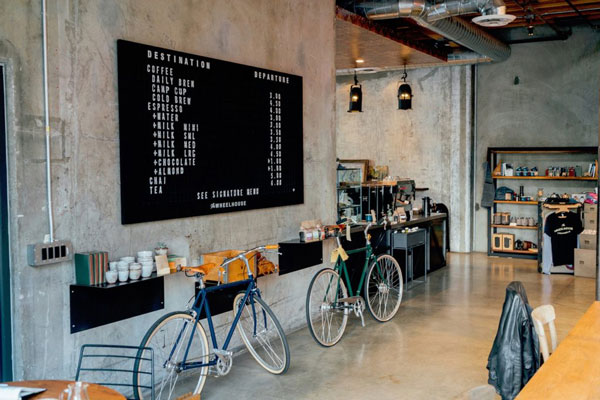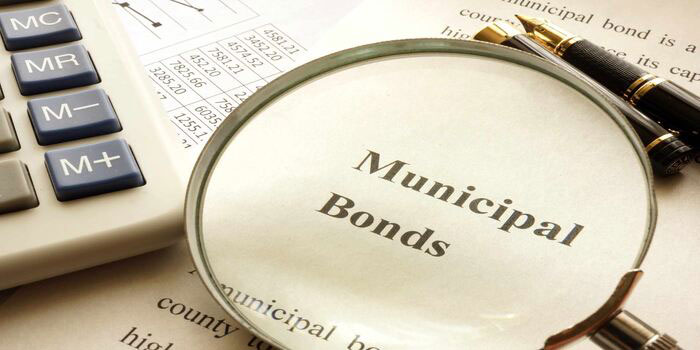If you do it well, opening a coffee shop is a great way to make a lot of money. If you pass a busy specialty coffee shop, it is likely to be crowded with customers who enjoy coffee, espresso, teas, lattes, and a wide range of pastries. Coffee shops often serve as meeting places and have Wi-Fi and other workplace-friendly features. A trendy, relaxed atmosphere can make it a great place to serve quality coffees and snacks. Starbucks pioneered this business model. It now has nearly 33,000 locations worldwide.
License and Permit
You have the opportunity to make your dream a reality by opening a coffee shop. Before you start brewing, however, you need a plan. The business plan describes the goals, objectives, strategies, and methods for growing and operating your business.
The purpose of the business plan will determine the type of plan used. A comprehensive traditional business plan is preferable for startups and businesses seeking traditional financing. The lean startup plan is best for businesses that want to communicate their startup plans quickly. You will need permits and licenses from the governing authorities to run your coffee shop legally. Permits and business licenses are required to establish your business as an entity. They allow you to sell goods and services to customers in specific areas.
Your business name will need to be approved for use when you apply for a business license. You will likely have completed this step during your planning phase. You will also choose the type of entity you want (e.g., sole proprietorship, limited liability company (LLC), corporation). Your business will be run as.
Supply Chain
Now it's time to source the products you need. You should ensure that your products are in line with the tastes of your target market and come from a trusted source. Coffee, other additives, or related products should be high-quality and reasonably priced. A supplier should have a strong reputation, a track record of quality service, consistent deliveries, and respond quickly to customer needs. To find the most accommodating supplier, compare multiple suppliers before you make your decision. To verify their reputation, ask for references and read reviews.
Location
The key principle of real estate success is that "location is crucial." It is equally important to choose where you will operate and how. Your target audience should have easy access to your company. Attracting customers is only half of what you want. You also need to retain and attract good employees. Costs are an important consideration. Costs to start a business depend on the location. While it might be appealing to choose a trendy location, it could also prove costly. It may prove difficult to pass savings on to customers or generate profits if expenses are too high.
It would help if you also considered the proximity of your competitors and whether the area allows you to grow. You need to consider whether your competitors will squeeze you out of the market or if you can create an unrivaled experience. Will the location enable your company to grow?

Vehicle Traffic and Parking
You should think about parking and accessibility, even if you are located in a shopping center or another site with a lot of pedestrian traffic. Customers who have to turn off busy streets to reach your business or struggle to find parking will likely move their business elsewhere. You want to be in a prominent location with plenty of parking, pedestrian activity, and easy access for customers on their way to work or school.
Serve a High-Quality Product
Consider that a coffee drinker who prefers gourmet coffee or tea will want more than just a cup of regular coffee. The National Coffee Association of America found that specialty coffees outperformed standard drip coffee in popularity by 2010 and have continued to rise in popularity ever since.
Over the past few years, specialty coffee has expanded beyond the traditional cold-blended and espresso varieties to include CBD infusions, cold-brew, nitro, and all other non-dairy ingredients. Consumers are increasingly looking for sustainability, which means ethically sourced coffee beans and environmentally friendly packaging.
Watch the Numbers
While it may be fun to concentrate on the coffee, your clients, and the decor, to make a business a success, you must also keep an eye on profits and operations. Coffee shops often fail because they underestimate profit or underestimate the cash flow required. There are many other reasons for failure, including poor financial planning, overestimating profits, inadequate overhead, poor debt management, poor financial planning, bad coffee, and lack of financial planning. You will need to continue learning about the industry and its products, as well as how to be competitive in the market. Coffee shops have profit margins between 5% and 8%, just like other casual food service establishments. After expenses have been accounted for, this means that you will earn between 5-8 cents per dollar of sales.




